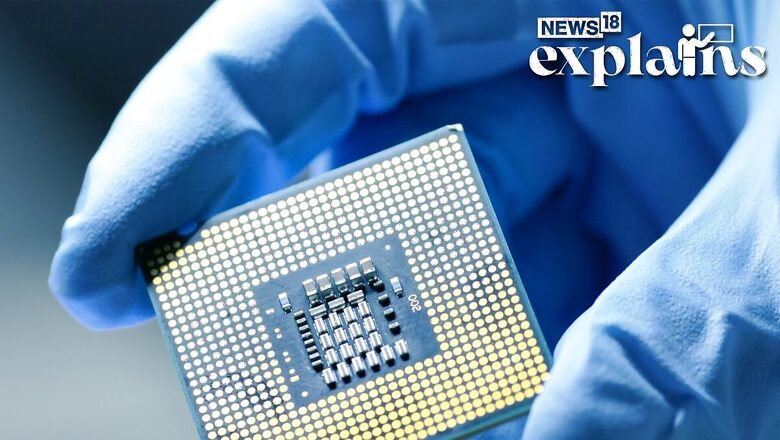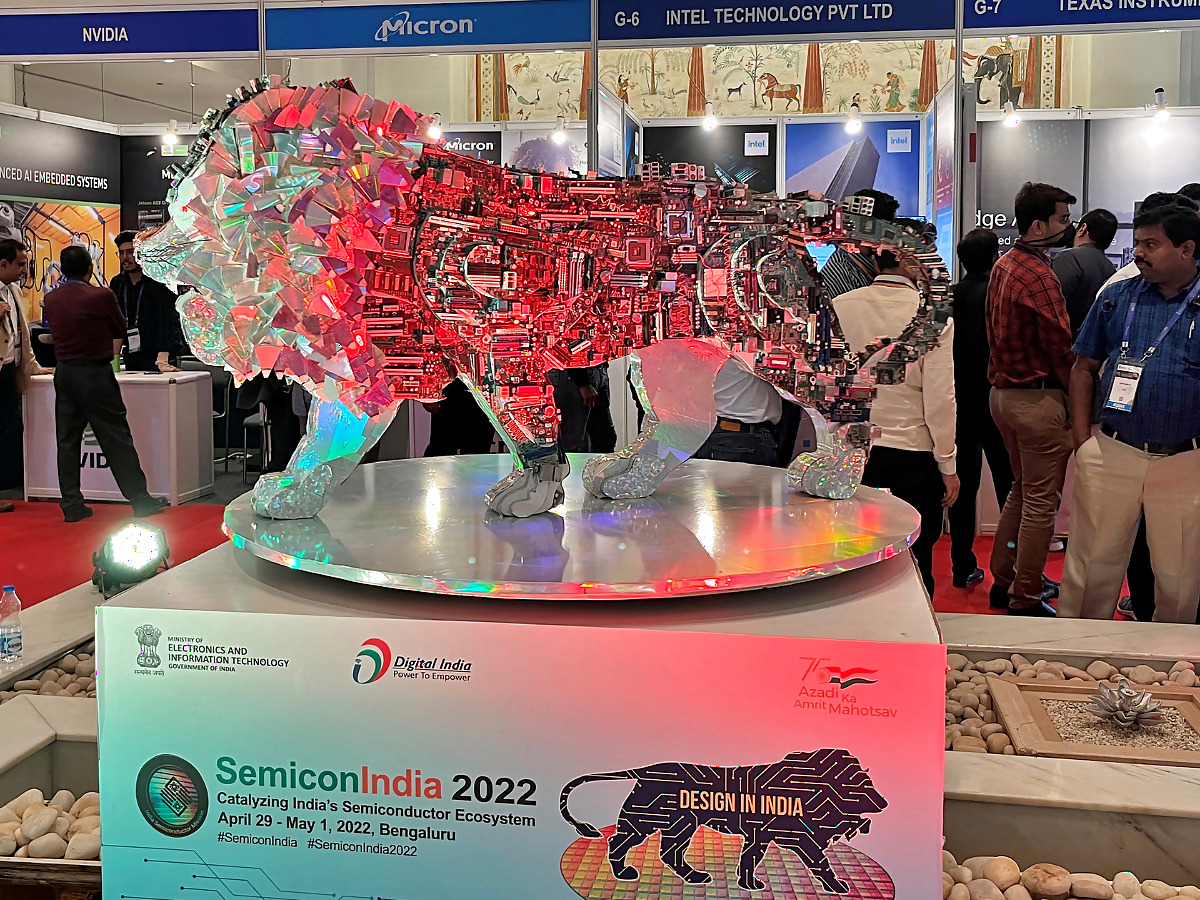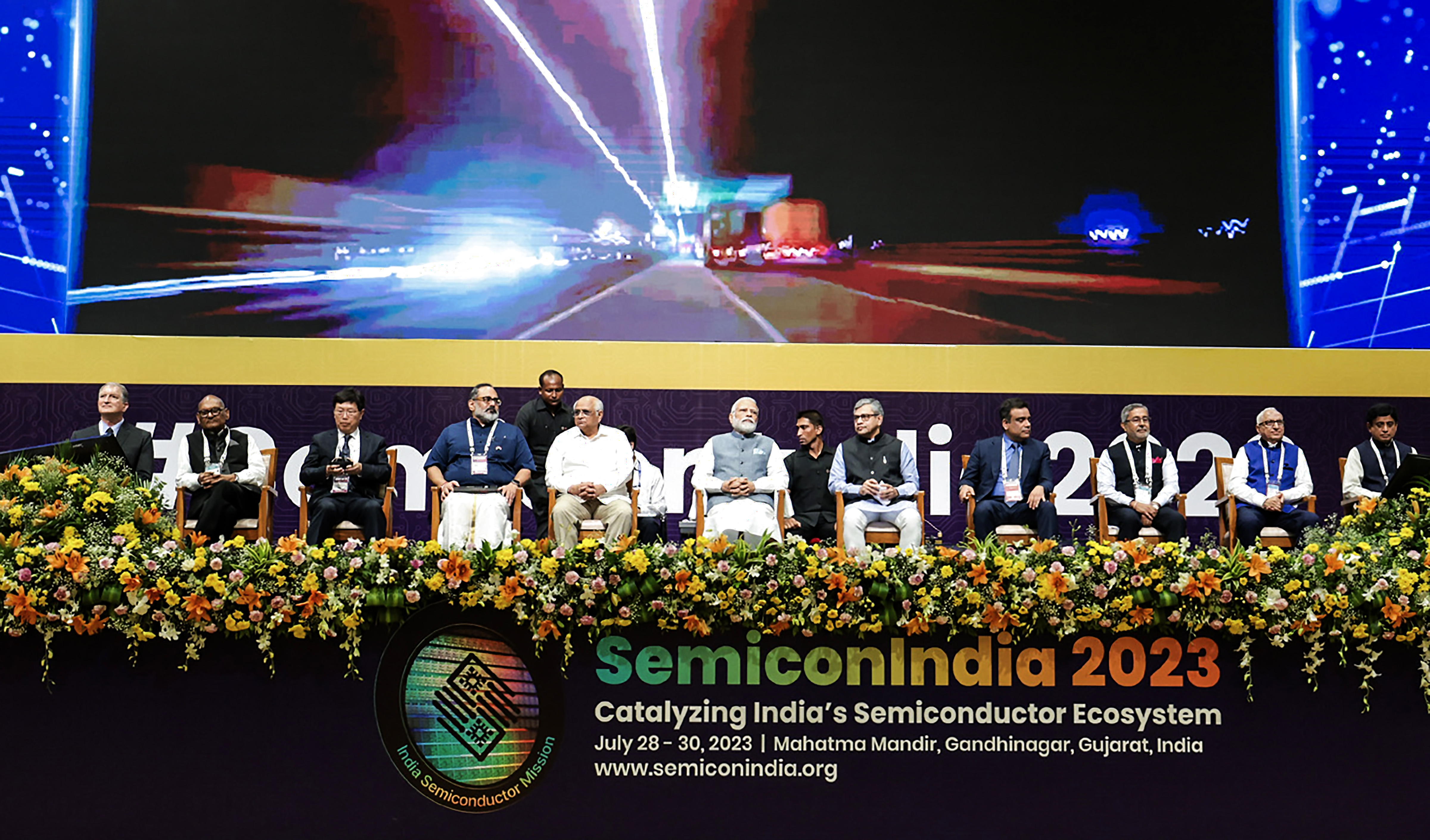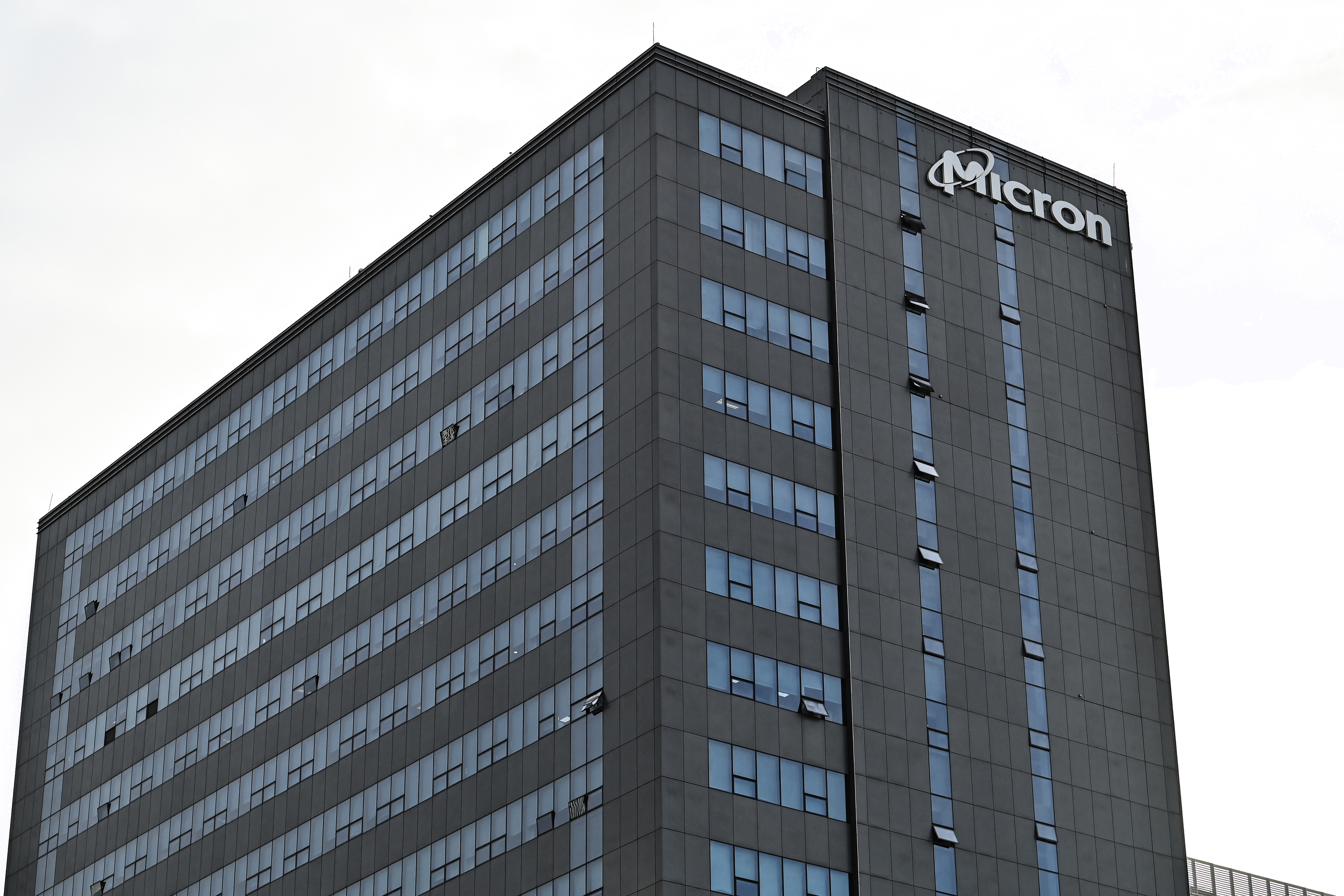Mission Semicon | Amid Govt's Push for Semiconductor Industry, Where is India in Global Supply Chain

views
The demand for Semiconductors has risen sharply in India, and across the world with their growing use in the telecommunications and electronics sectors. With the rise of new technologies like artificial intelligence and 5G and the growth in demand for computers, laptops, and smartphones, the use of semiconductors is at staggering high levels.
Experts say that India’s domestic semiconductor market will grow to be over US$ 110 billion in a few years, according to reports. The Indian government is looking forward to leading the semiconductor supply chain with its policy Make in India and also capturing the export market in the sector.
However, India has largely been importing the semiconductor chips from countries to fulfill the domestic demand.
In the fourth part of the series: Mission Semicon, we take a look at India’s semiconductor market and where it stands in the supply chain:
Why Does India Import Semiconductors?
India is currently importing around 90 percent of the chips to meet the domestic needs. The majority of the chip comes from China and Hong Kong. While other countries including Singapore, South Korea, US and Germany also exports chips to India.

However, due to the shutdown in China due to the zero-Covid policy until last year had led to the semiconductor crisis severely disrupting the manufacturing of smartphones, computers, automobiles and electronics.
In December 2021, the government, in order to fix the supply chain, announced investing 10 billion dollar for the development or semiconductors and display manufacturing ecosystem in India. Under the scheme, the central government proposed incentives amounting to 50% of the total project cost.
The government has been pushing hard and changed various parameters to attract companies to avail incentives. Meanwhile, several countries including Micron, Foxconn and others have announced investing in India to set up plants to manufacture semiconductors.
India’s Share in the Supply Chain
India’s demand for semiconductors is driven largely by three industries- smartphone and wearables, automotive components and computing and data storage. However, India has a negligible share in the semiconductor supply chain at present as the country needs to start from level zero.
The semiconductor consumption in the country is expected to touch $64 billion by 2026, growing three times against the 2019 size of $22billion. The government has set a target of $300 billion of manufacturing by 2025 for electronics sector.

However, the global semiconductor is facing shortage in the last two years due to China’s Covid zero strategy and geopolitical threats.
In order to fix the gap in growing demand and import dependency, India set up the India Semiconductor Mission (ISM) in December 2022 to catalyse the semiconductor ecosystem.
India currently accounts for 1% of global trade in semiconductors and 0.5% of global semiconductor sales, according to the World Semiconductor Trade Statistics (WSTS) organization.
Semiconductor Plans Progressing Slowly
The government is trying to woo major US companies to set up their chip manufacturing facility in India. In the recent Semicon India, leading US chipmaker companies Micron and Advanced Micro Devices (AMD) have recently announced their plans to invest in India.
While Micron intends to invest $2.7 billion to develop an assembly and test facility in Gujarat, AMD plans to invest $400 million to establish its largest research and development facility in Bengaluru.

Vedanta has said that the company aims to produce the first chips from its semiconductor unit within the next two-and-a-half years. Global technology giant Foxconn has reportedly said that it wants to set up at least four to five semiconductor fabrication lines in India, according to a report in The Economic Times.
The government has been pushing hard to reduce dependence on foreign suppliers for components and establish a leadership position in the global semiconductor supply chain.
You can read the first part, the second part and the third part of the series by clicking on the link.




















Comments
0 comment